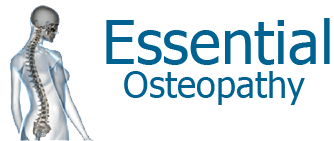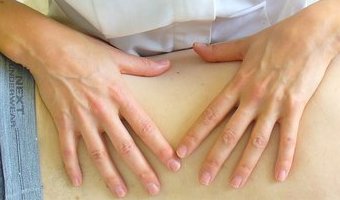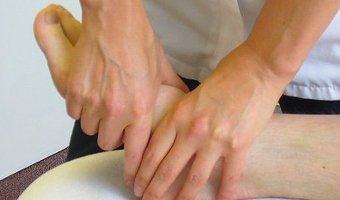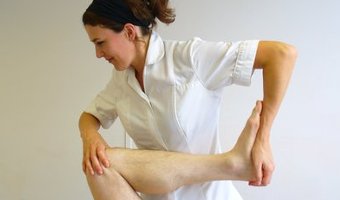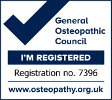NICE Guidelines: Low back pain and sciatica
The National Institute of Clinical Excellence provides national guidance and advice to improve health and social care. They updated their guidelines for the assessment and management of low back pain and sciatica (for those over 16) in November 2016. Their main recommendations were:
- A group exercise programme (biomechanical, aerobic, mind-body or a combination of approaches) within the NHS for people with a specific episode or flare-up of low back pain with or without sciatica.
- Consider manual therapy (spinal manipulation, mobilisation or soft tissue techniques such as massage) for managing low back pain with or without sciatica, but only as part of a treatment package including exercise, with or without psychological treatment
- Consider psychological therapies using cognitive behavioural approach for managing low back pain with or without sciatica but only part of a treatment package including exercise, with or without manual therapy (as above).
- Consider a combined physical and psychological approach for people with persistent low back pain or sciatica – particularly when they have significant psychological obstacles to recovery (for example, avoiding normal activities based on inappropriate beliefs about their condition) or when previous treatments have not been effective
- Prescribe oral NSAIDs (Non steroidal anti-inflammatories) for low back pain at the lowest effective dose for the shortest possible period of time and consider weak opiods (with or without paracetemol) for managing acute low back only if an NSAID is not contraindicated, not tolerated or has been ineffective.
- Do not offer opiods for managing chronic low back pain or routinely for acute low back pain
Evidence therefore shows that manual therapies such as Osteopathy are a worthwhile and effective treatment approach to improve or resolve low back pain with or without sciatica but only with some kind of exercise or activity programme (ideally within a group as it is shown to be more effective). The recommendations given in the guidelines re psychological and pharmacological approaches to treatment are also interesting and worth noting.
The full list of recommendations can be found here –
https://www.nice.org.uk/guidance/ng59
